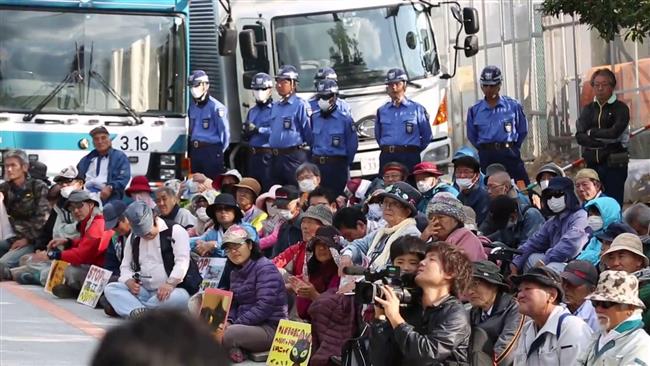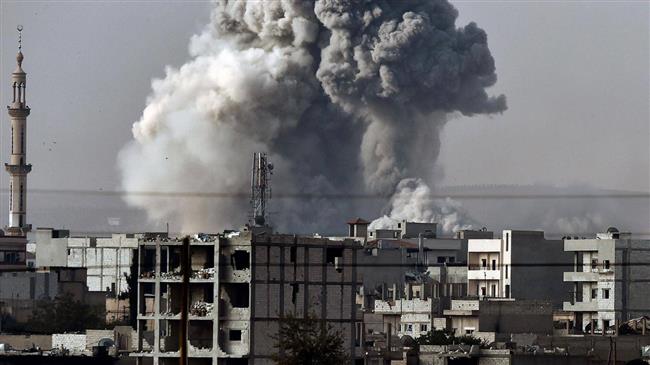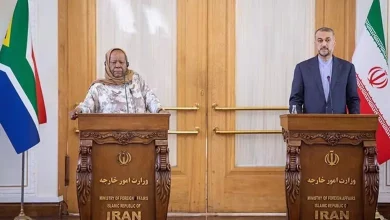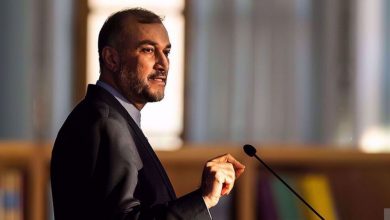Gangs advance in Haitian capital as talks to form interim government drag on
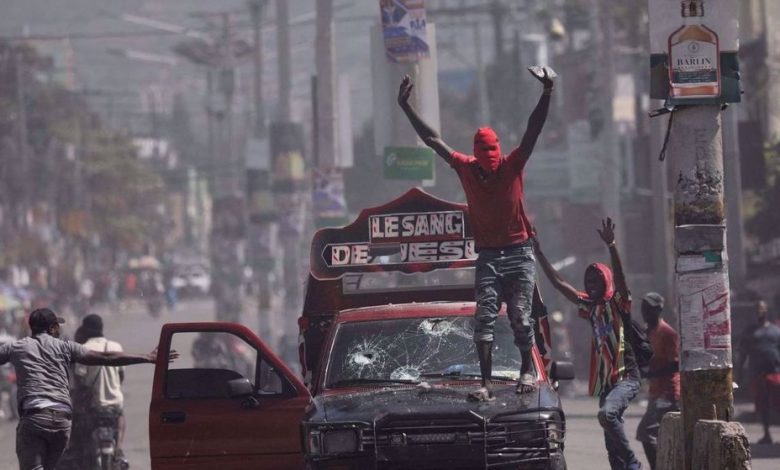
Gangs in Haiti have made advances in Port-au-Prince, worsening conditions in the capital as talks drag on to form a transition government in the troubled Caribbean nation.
The UN humanitarian coordinator for the country, Ulrika Richardson, said police are struggling with armed groups which in recent days have “advanced into new areas of the capital”.
“We see people coming in with gunshot wounds from many areas around Port-au-Prince,” Richardson said.
As he spoke the UN Security Council called on countries to enforce an existing arms embargo on Haiti, amid “grave concern at the illicit flow of arms and ammunition into Haiti that remains a fundamental factor of instability and violence.”
Since late February, the Caribbean island nation has been engulfed in turmoil after gangs stormed a prison and freed numerous inmates, demanding that prime minister Ariel Henry step down.
Henry, stranded in Puerto Rico after the mutiny shut down the main airport, has consented to resign and facilitate the establishment of an interim government.
However, the progress of negotiations has been sluggish, despite the urging from nearby Caribbean nations.
President Jovenel Moise, who appointed Henry, was assassinated in 2021 and never replaced. Henry has led the country since, with no elections held since 2016.
Richardson said everyday life is now characterized by roadblocks and the sound of gunshots, with a significant number of individuals being displaced as gangs seize control of neighborhoods within the city.
With no elections held since 2016, an interim prime minister will be appointed by a transitional council who will be responsible for supervising a nationwide election.
But 80 percent of the capital and swaths of the countryside are under gang control and many ordinary Haitians already skeptical of the body.
The head of the World Health Organization said the closure of Port-au-Prince’s airport has made it impossible to import essential goods and medicine.
Tedros Ghebreyesus warned that an ongoing cholera outbreak, “which has been declining since the end of last year, could flare up again should the crisis continue”.
